Queen Elizabeth II: Britain’s Longest Serving Monarch And An Unforgettable Legacy
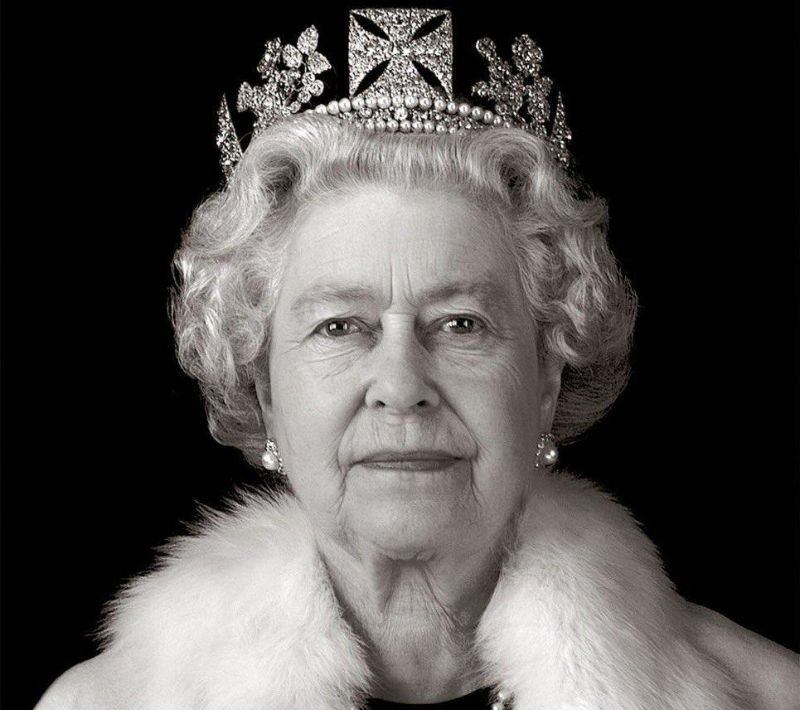
What Happens Now?
With Queen Elizabeth II’s demise at the age of 96, and after a seven-year decade rule, nations and individuals alike have taken a momentary pause to reminisce about her life, works, and legacy—as Queen, and leader. Her legacy, as one of the longest-serving monarchs in British human history, is no mean feat.
Queen Elizabeth died on Thursday, September 8, 2022, at the age of 96. Her death amongst other things was described as “peaceful”.
The longest-reigning British monarch passed away in the company of other royals, including her four children Prince Charles of Wales, Princess Anne, Prince Andrew, Duke of York, and Prince Edward, Earl of Wessex.
Prince Philip, her husband of 73 years, passed away in June 2021 at the age of 99.
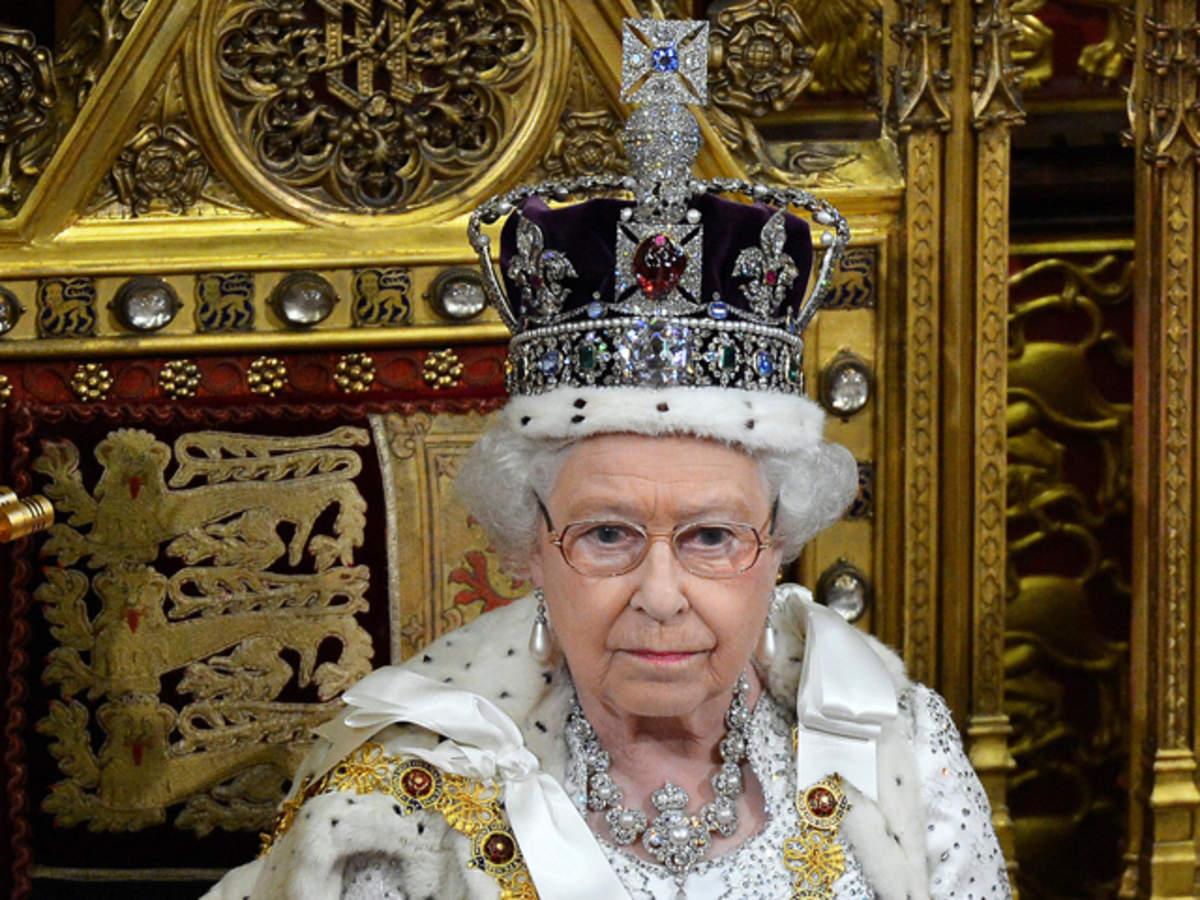
The Queen is promptly succeeded by her eldest son, King Charles III, 73, who is currently the ruler.
Charles, the monarch’s eldest son and heir described his mother’s passing as the “greatest sadness for me and all members of my family” automatically becomes king following the announcement of the queen’s passing at Balmoral Castle by Buckingham Palace at 6:30 p.m. King Charles III, as he is now known, is Britain’s first Male monarch since 1952.
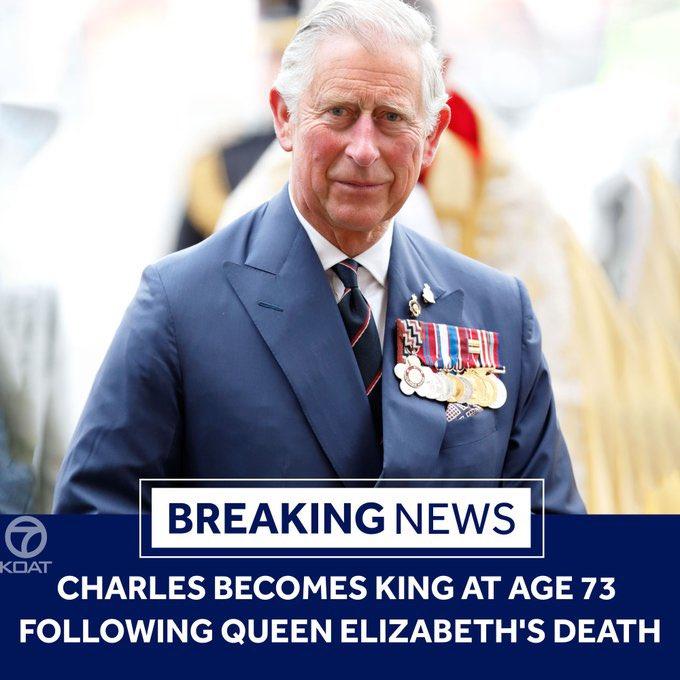
Queen Elizabeth’s Life And Works
Princess Elizabeth Alexandra Mary was born on April 21, 1926, in Mayfair, London. She was the first child of King George VI and Queen Elizabeth, also known as the Queen Mother.
After her uncle King Edward VIII abdicated his rights to the throne To wed American divorcee Wallis Simpson, Monarch Edward abdicated in 1936, making Elizabeth’s father the new king. Elizabeth’s Father assumed the throne on December 10, 1936, and Elizabeth became the heir apparent to the throne and ascended the throne in 1953.
Elizabeth II was crowned on June 2, 1953, at Westminster Abbey in London. When her father, George VI, passed away on February 6, 1952, Elizabeth II, then 25 years old, ascended to the throne immediately afterward. She was formally crowned queen soon after by her privy and executive councils.
The 1953 Coronation was historic in and of itself. It was the first royal event to ever be broadcast on television, and 27 million people in the UK alone as well as millions more viewers worldwide watched it.
Her Ascension as Queen happened around the period when Britain was just starting to recover from the world war. Elizabeth II reigned during a time when sociopolitical change and technological advancement may have occurred at the highest exponential rates of any monarch in living history.
With Queen Elizabeth II’s reign, Britain changed significantly in the past 70 years. The radical change from technology to innovation, and socio-political value system helped to highlight and usher her reign between the 20th to the 21st century into the “New Elizabethan Age”.
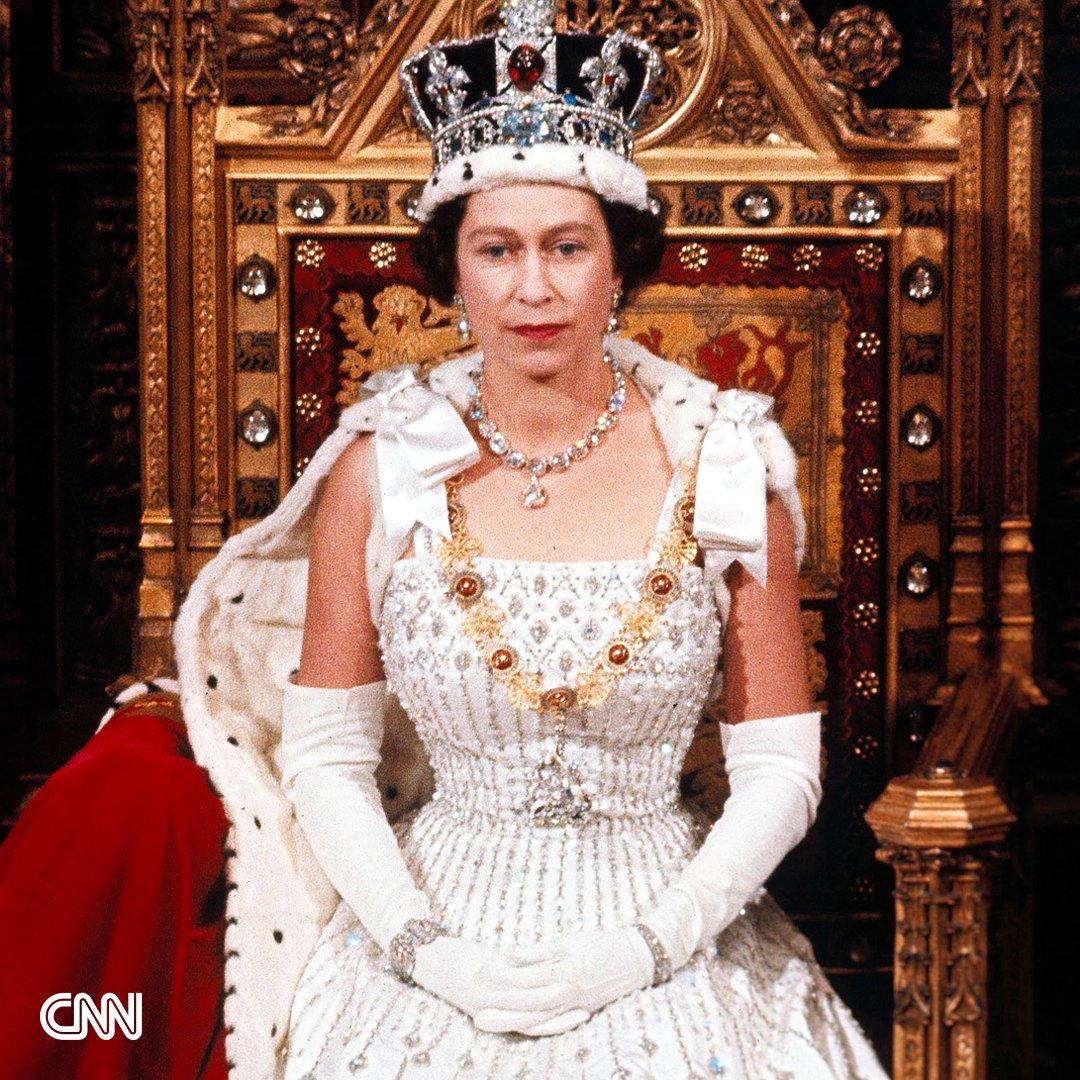
Britain’s monarchy before Elizabeth II was a period characterized by brutal colonial expansion, domination, exploitation, and hegemony. The “new Elizabethan Age” brought in the continuation of decolonization, the Unity of the Empire, and the strength of the Commonwealth.
During her reign, many countries were granted independence from Britain’s rule in the 1947s even to the 1960s. The present Commonwealth was established in the 1949 London Declaration, which declared its members to be “free and equal,” even though it had existed since 1926.
The Commonwealth was prominently shown at the 1953 coronation, from television programs showcasing Commonwealth celebrations to the Queen’s coronation gown adorned with floral symbols from Commonwealth nations. Throughout her rule, she never stopped honoring and visiting the Commonwealth.
Operation London Bridge Has Fallen
“Operation London Bridge Has Fallen” is a code phrase used to announce royal death to key government officials. “Operation Tay Bridge” was used for the Queen Mother and “Operation Forth Bridge” for Prince Philip.
These are two examples of measures that have been implemented for famous members of the royal family. “Operation London Bridge” is the secret name for Queen Elizabeth, whereas “Operation Menai Bridge” is said to be the code name for Prince Charles.
As expected, the death of a monarch brings unprecedented changes to its country and its stakeholders.
Here are some changes expected after the Queen’s passing:
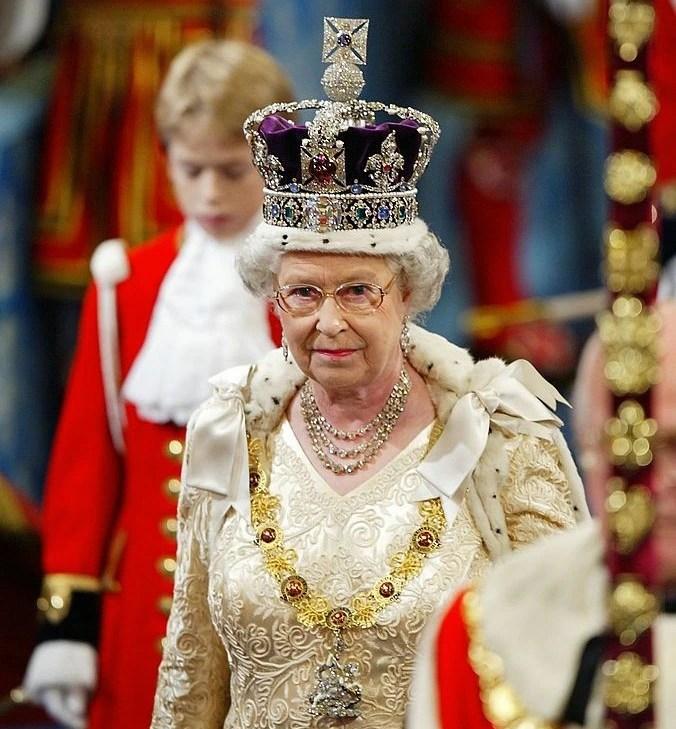
1. Following the passing of Queen Elizabeth on Thursday, modifications to the British pound and postage stamps are anticipated. The United Kingdom’s national bank, the Bank of England, has unveiled plans for banknotes with the Queen’s likeness to be changed to represent the new monarchy. According to a statement released:
“As the first monarch to feature on Bank of England banknotes, the Queen’s iconic portraits are synonymous with some of the most important work we do. Current banknotes featuring the image of Her Majesty The Queen will continue to be legal tender.”
In continuation, the statement pronounced that “A further announcement regarding existing Bank of England banknotes will be made once the period of mourning has been observed.”
2. Following the passing of the Queen, Stamps, and currencies would be replaced with Images of the new Monarch, King Charles. This is used to symbolize a change in governance.
3. While not the Royal Standard, the Union Jack flag will be flown at half-staff in the UK and abroad until after the funeral. The Royal Standard should fly at half-mast because it symbolizes the monarchy, which is perpetual.
4. All programming on the BBC will be paused to cover the event of the Queen’s funeral. During the period of George VI’s death in 1952, comedy was also suspended for a certain amount of time. This can be expected as well.
5. According to the text of every British passport,
“Her Britannic Majesty’s Secretary of State requests and requires all those it may affect to allow the bearer to proceed freely without let or hindrance and to afford the bearer such help and protection as may be necessary”.
To reflect the new King’s male pronouns, new passports will be modified. However, it’s likely that passports won’t need to be updated until after they’ve run out of date.
6). God Save the Queen is sung as part of the British National Anthem in the Queen’s honor. The pronouns inside the phrase will be altered to the male equivalent to return to the version for a male monarch, which is God Save the King. When George VI was king, in 1952, this rendition of the national anthem was last performed.
7). The day of the Queen’s funeral will see the London Stock Exchange closed.
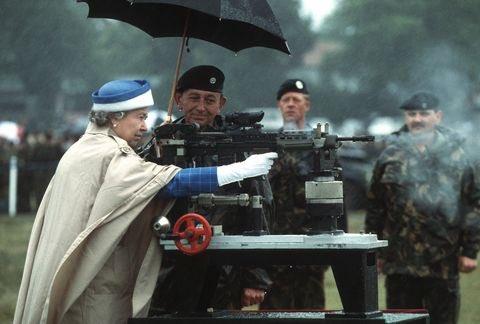
Conclusion
Queen Elizabeth’s longevity as a monarch is a testament to her strength, determination, and resolute leadership style, which has served her well throughout the seven decades of her reign.
Queen Elizabeth II would be remembered for her steadfast commitment to duty, loyalty, and service, as well as her compassion toward others. This was reflected in her tireless efforts to help those less fortunate than herself.
The Queen remained steadfast in her commitment to her kingdom throughout her lifetime. Her legacy as the rock that helped to shape modern Britain would not be forgotten by history.
All images are sourced from twitter.com
The one who spells Afrolady from the larynx of her pen. She’s a high spirited, cultured and ingenuous African child, whose writing drops an unimaginative creative splash on history and carves the indignation and memories of Black women.

